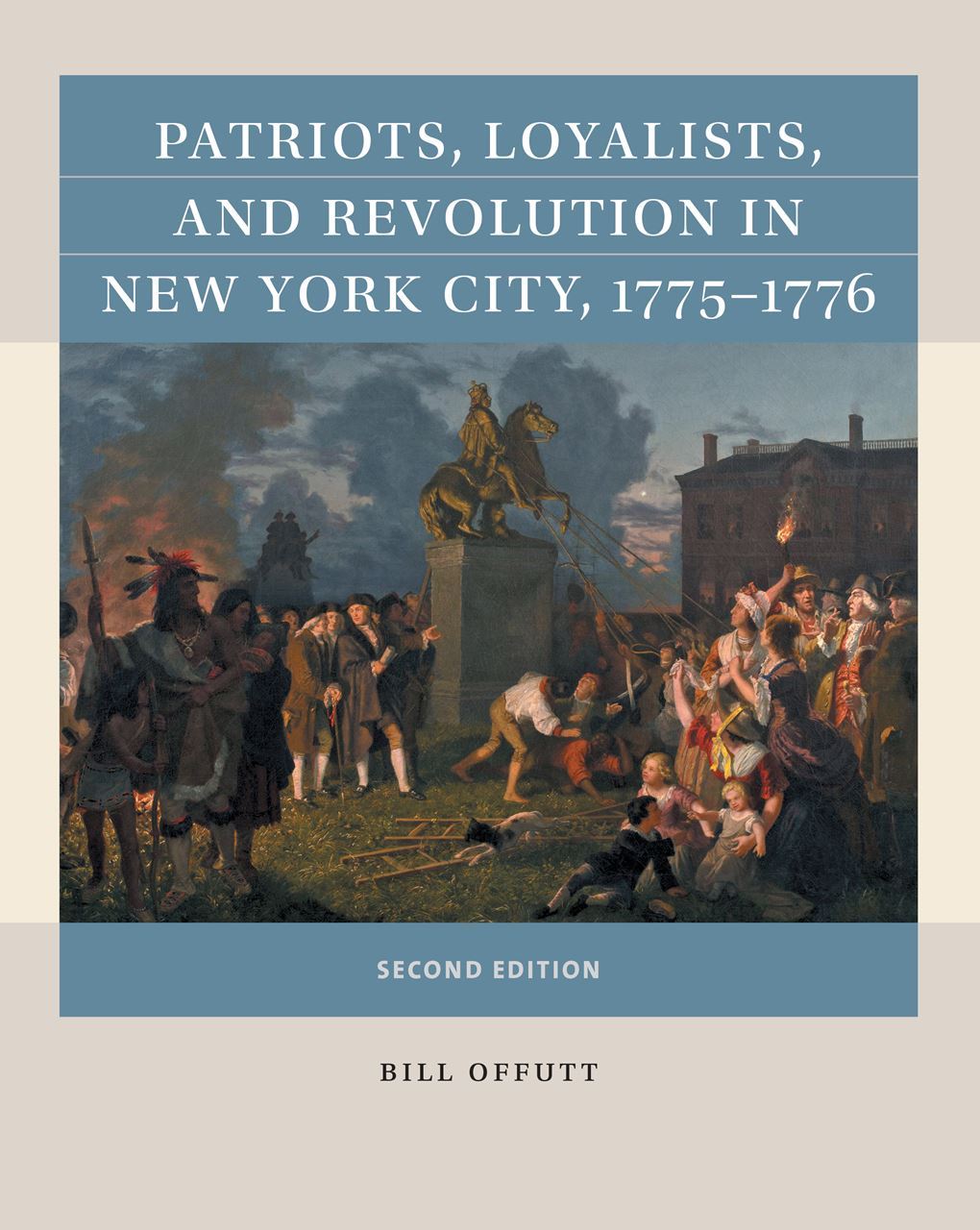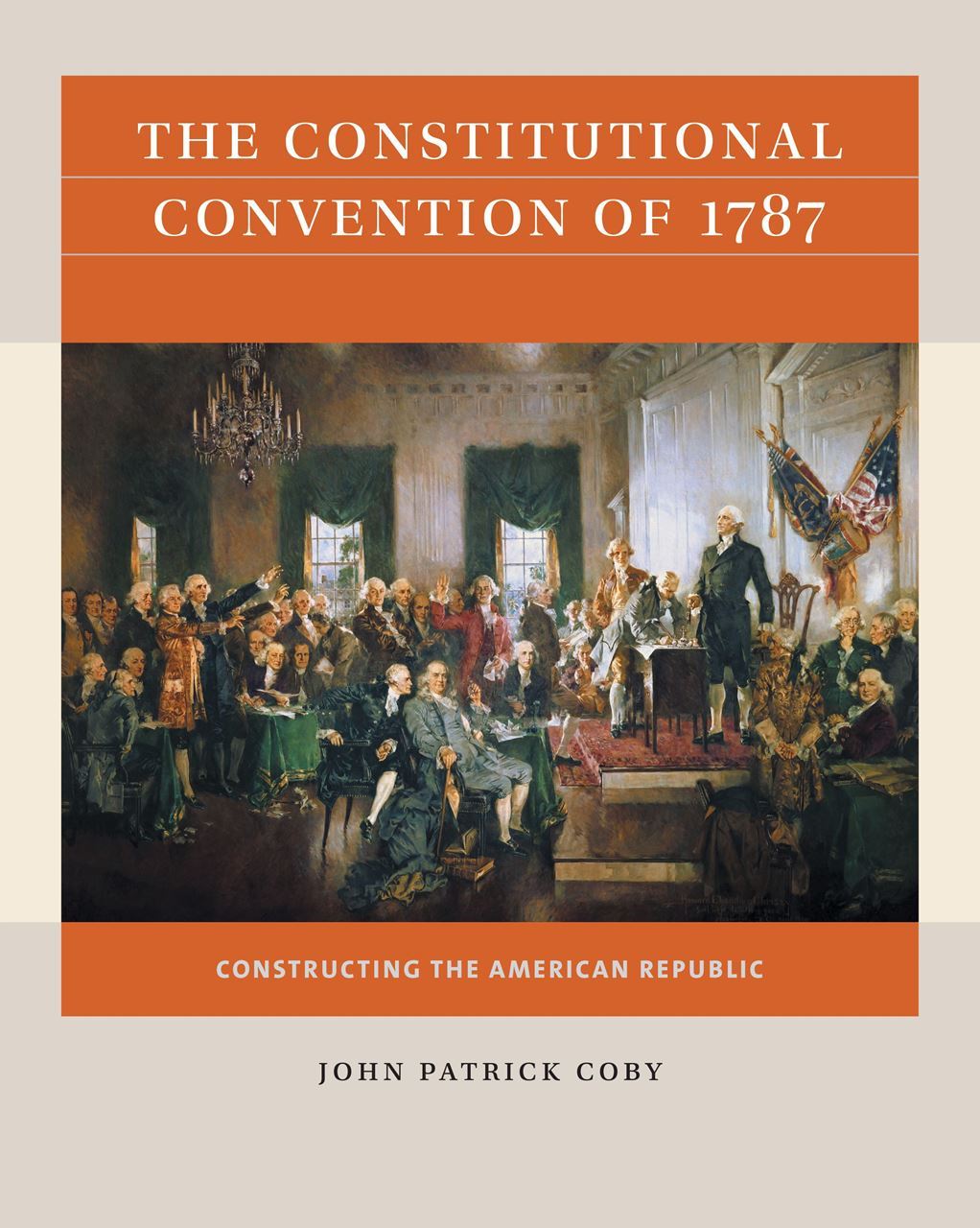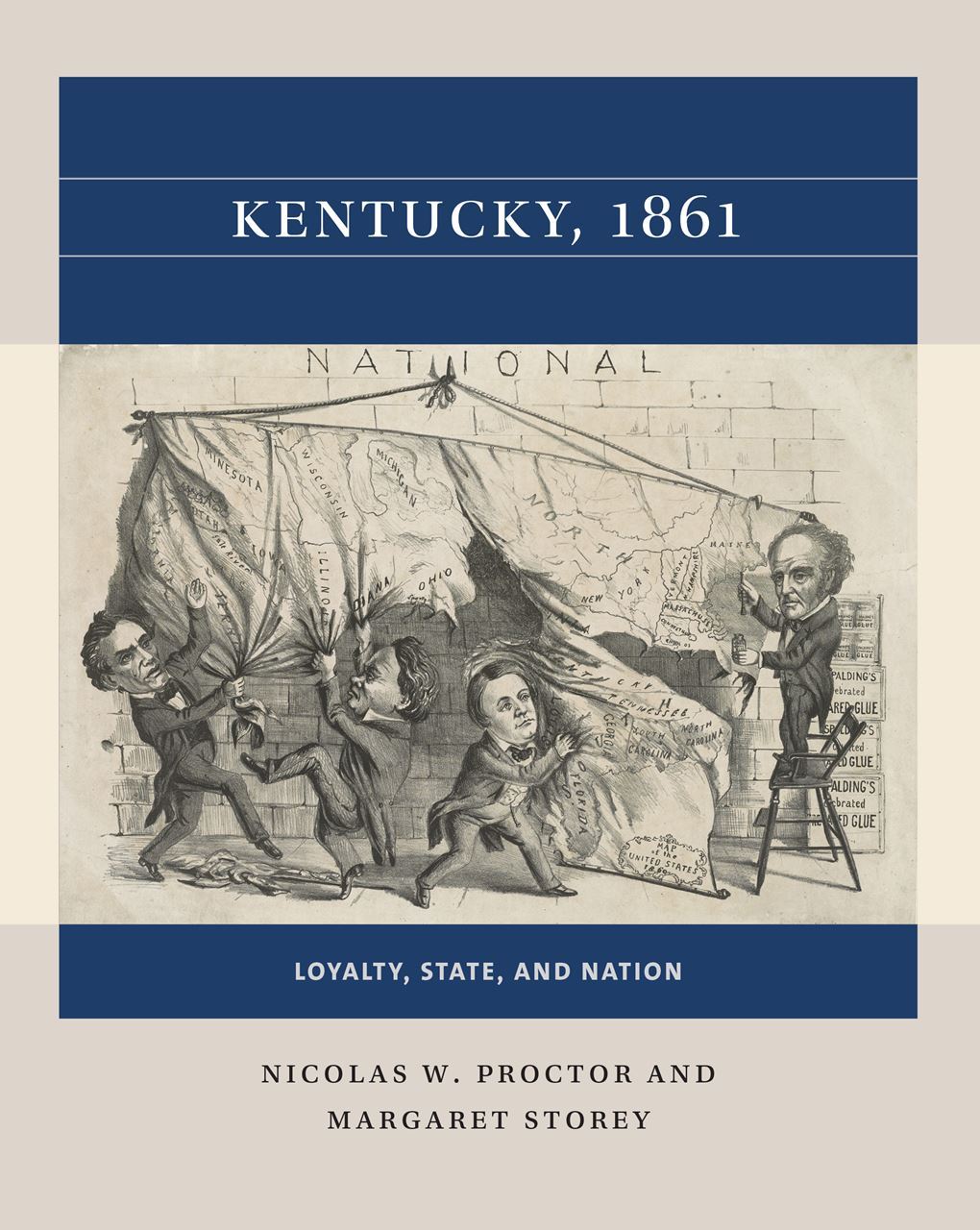 |
 | Will the new American republic survive the political passions of a new party system and the French Revolution? Can a country riven by political party divisions remain a republic dedicated to rule of law? Are foreigners of different ethnicities, ideologies, or religions welcome in the US, or may they be removed at the President’s order? Can media be held to account for biased reports, untruths, or personal attacks on the elected leaders of a republic? Can newspapers be “the enemy of the people”? What limits--if any--should exist on freedom of speech and of the press? Must citizens of a republic support their elected leaders in times of national peril or is dissent akin to treason? Can national security justify the cancellation or limitation of rights? Can states exempt themselves from national laws which they fundamentally believe are unconstitutional? These questions seem to be ripped from the headlines of 2025, but they were also confronted the 1790s United States, as the nation addressed the security crisis caused by the French Revolution. One party, believing the nation’s existence at risk, argued for the right to exclude immigrants based on their ethnicity or political beliefs, and desired to imprison political enemies for their publications, speeches, demonstrations, and petitions. The other political party, believing the people’s liberty to be at risk, threatened the constitutional fabric of the union. Will the new American republic survive the political passions of a new party system and the French Revolution? At stake are freedom of speech, freedom of the press, the rights of foreigners, and the very existence of liberty under law. |
Details
|
Using the Game |
Class Size and Scalability Class Time Assignments You can adjust the assignments based on the desired learning outcomes of your class. This game can include traditional papers, research, thesis-driven writing, and science writing. Depending on the number of roles, either the Secretaries or generic roles may not have to give presentations. |
GAME MATERIALS
Reacting Consortium members can download all game materials below. You will be asked to sign in before downloading.
Please Fill out the Permissions Request Form Before Using Alien and Sedition in Your Class!
Gamebook Students need a Gamebook, which includes directions, resources, and historical content. | Role Sheets Students also need a Role Sheet, which contains biographical information, role-specific resources or assignments, and their character's secret victory objectives. | Instructor's Manual The Instructor's Manual includes guidance for assigning roles, presenting historical context, assignments, activities and discussion topics, and more. |
Bill Offutt
Dr. Bill Offutt is Professor of History and Faculty Advisor for the Pforzheimer Honors College at Pace University. He received his AB from Stanford University, and his J.D. from Stanford Law School. Abandoning the law, he then went to graduate school, earning a Ph.D. in Early American History at The Johns Hopkins University. His academic interests focus on the relationship between law and society, particularly the methods by which legal systems obtain and keep their legitimacy. He has taught classes in colonial America, revolutionary America, the Civil War, Constitutional history, and American women’s history. In addition to his own Reacting game, he has taught a dozen other Reacting games to students at Pace, and he has participated in numerous Reacting conferences as gamemaster and/or player. | Other Titles By This Author |
Members can contact game authors directly.
We invite instructors join our Facebook Faculty Lounge, where you'll find a wonderful community eager to help and answer questions. We also encourage you to submit your question for the forthcoming FAQ, and to check out our upcoming events.
|
|
|


